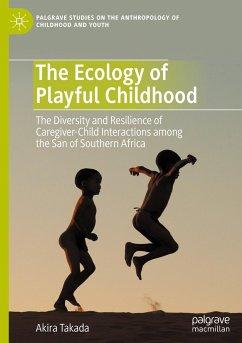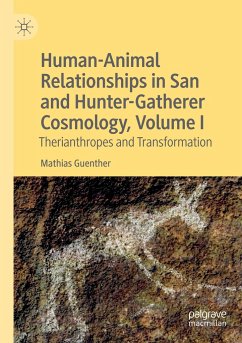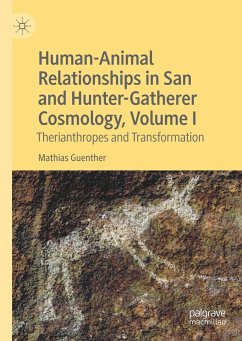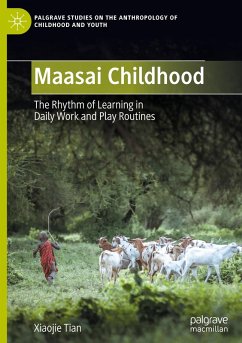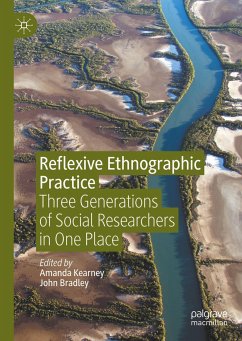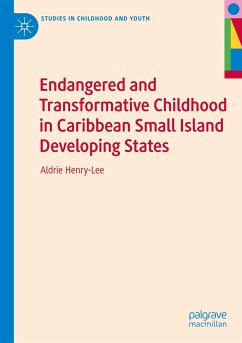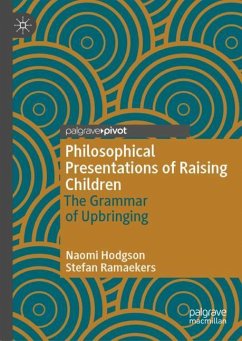
The Ecology of Playful Childhood
The Diversity and Resilience of Caregiver-Child Interactions among the San of Southern Africa
Versandkostenfrei!
Versandfertig in 6-10 Tagen
76,99 €
inkl. MwSt.
Weitere Ausgaben:

PAYBACK Punkte
38 °P sammeln!
While studies of San children have attained the peculiar status of having delineated the prototype for hunter-gatherer childhood, relatively few serious ethnographic studies of San children have been conducted since an initial flurry of research in the 1960s and 1970s. Based on the author's long-term field research among several San groups of Southern Africa, this book reconsiders hunter-gatherer childhood using "play" as a key concept. Playfulness pervades the intricate practices of caregiver-child interactions among the San: immediately after birth, mothers have extremely close contact with ...
While studies of San children have attained the peculiar status of having delineated the prototype for hunter-gatherer childhood, relatively few serious ethnographic studies of San children have been conducted since an initial flurry of research in the 1960s and 1970s. Based on the author's long-term field research among several San groups of Southern Africa, this book reconsiders hunter-gatherer childhood using "play" as a key concept. Playfulness pervades the intricate practices of caregiver-child interactions among the San: immediately after birth, mothers have extremely close contact with their babies. In addition to the mother's attentions, other people around the babies actively facilitate gymnastic behavior to soothe them. These distinctive caregiving behaviors indicate a loving, indulgent attitude towards infants. This also holds true for several language genres of the San that are used in early vocal communication. Children gradually become involved in various playful activities in groups of children of multiple ages, which is the major locus of their attachment after weaning; these playful activities show important similarities to the household and subsistence activities carried out by adults. Rejuvenating studies of San children and hunter-gatherer childhood and childrearing practices, this book aims to examine these issues in detail, ultimately providing a new perspective for the understanding of human sociality.





